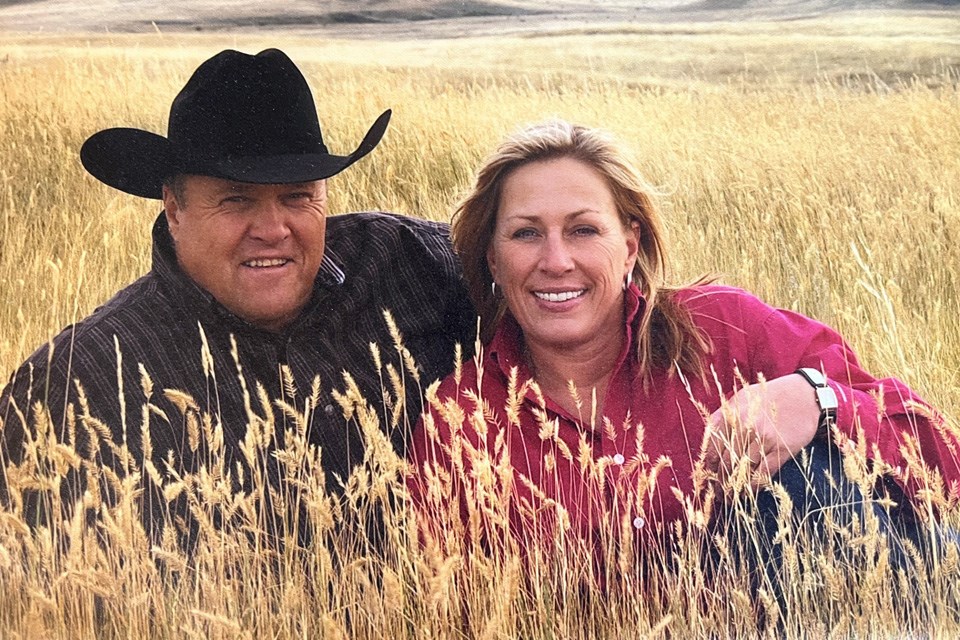KILDEER — On the rolling prairie of southern Saskatchewan, some of the rarest plants and animals in Canada quietly thrive, thanks to cattle. Native grasslands, home to more than 60 species at risk, are one of Canada’s most endangered ecosystems.
Mark and Karin Elford, a ranching couple from the Kildeer district in Southern Saskatchewan, care for more than 5,000 acres of this ecosystem. They were recently named as a regional nominee for the Environmental Stewardship Award, which recognizes Canadian beef cattle producers from each province who demonstrate exceptional commitment to environmental conservation and sustainable farming practices.
Mark has been ranching in southern Saskatchewan for his entire life, and the number one priority on the Elford ranch is to develop a sustainable ranching operation. The Elfords were nominated due to their proper management of native rangeland resources, protecting riparian areas for water quality and conservation of wildlife habitat for many endangered species. Native rangelands are an essential resource for raising their cattle, as cattle graze these lands in the warmer months. To ensure a sustainable future for their ranch and livestock, Mark suggests his number one rule of grazing is to properly use grass, “or you’ll pay the price for years to come.”
Cattle are moved through a rotational grazing system that gives native grasses time to recover and supports long-term biodiversity. Early in the season, the herd grazes tame grass species to allow native grasses time to grow and strengthen before being grazed. Some pastures are rested for up to 22 months to protect the land from overgrazing.
To maintain water quality and wildlife habitat, the Elfords have fenced 4.5 miles of riparian areas along the West Poplar River, keeping cattle out during sensitive times of the year. They've also improved water access across their rangeland, helping cattle spread out more evenly and reducing pressure on any one pasture. In addition, they’ve partnered with Birds Canada to monitor biodiversity and assess the ecological health of their native grasslands.
Mark has a great interest in understanding how to adapt their practices to manage the soil ecosystems on their ranch. He focuses on how to further enhance the presence of soil microorganisms like mycorrhizal fungi to strengthen native plant root systems. In turn, their pastures become more resilient to the drought conditions they face so frequently.
Each year, the provincial Environmental Stewardship Award nominees vie for the national award, which is a partnership initiative between the Canadian Cattle Association, Birds Canada, Ducks Unlimited Canada and the Canadian Roundtable for Sustainable Beef. This fall, the Elford's and six other provincial nominee families will compete to be named the 2025 Environmental Stewardship Award recipient.
While this long-standing award has been presented for more than 26 years, recently there is growing recognition of the positive role of raising beef cattle by Canadians. A nationally representative survey conducted in July 2025 found that 80 per cent of Saskatchewan residents agree that beef is an environmentally friendly option, a seven per cent rise since 2023. For the Elfords, caring deeply about native rangelands, water resources, endangered wildlife species, and the cattle they raise is just the right thing to do.
- Submitted by the Canadian Cattle Association




